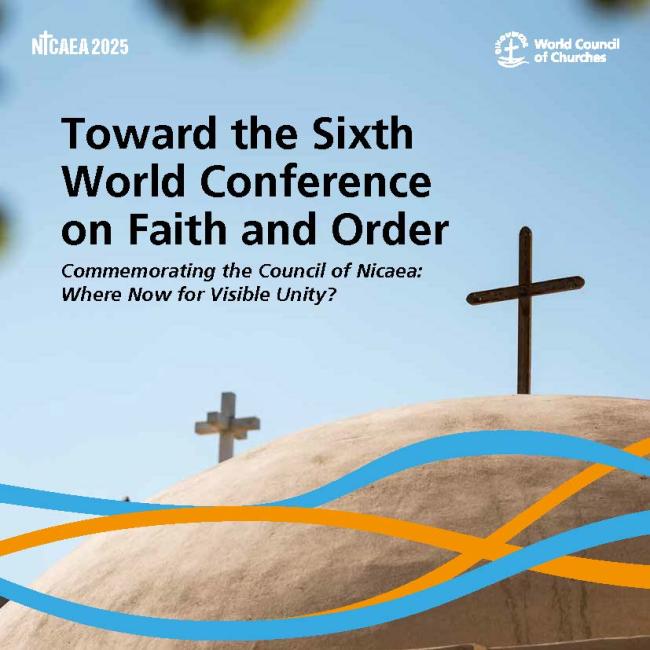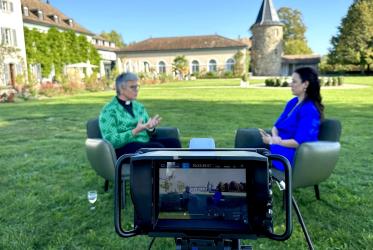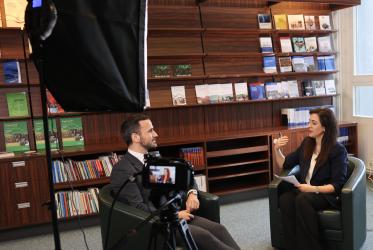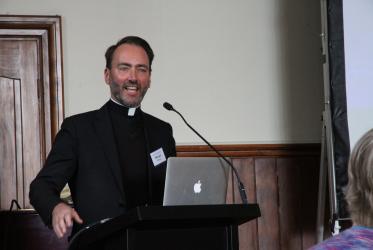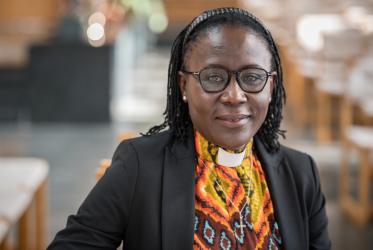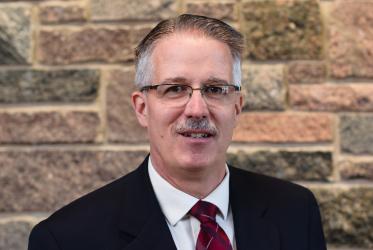Displaying 1 - 20 of 64
Voice of churches vital during UN women’s rights talks
28 March 2024
Toward the Sixth World Conference on Faith and Order
Commemorating the Council of Nicaea: Where Now for Visible Unity?
24 February 2024
ACT Alliance general secretary: “equity is not negotiable”
26 September 2023
Towards a Global Vision of the Church Volume I
Explorations on Global Christianity and Ecclesiology, Faith and Order Paper 234
14 November 2022





